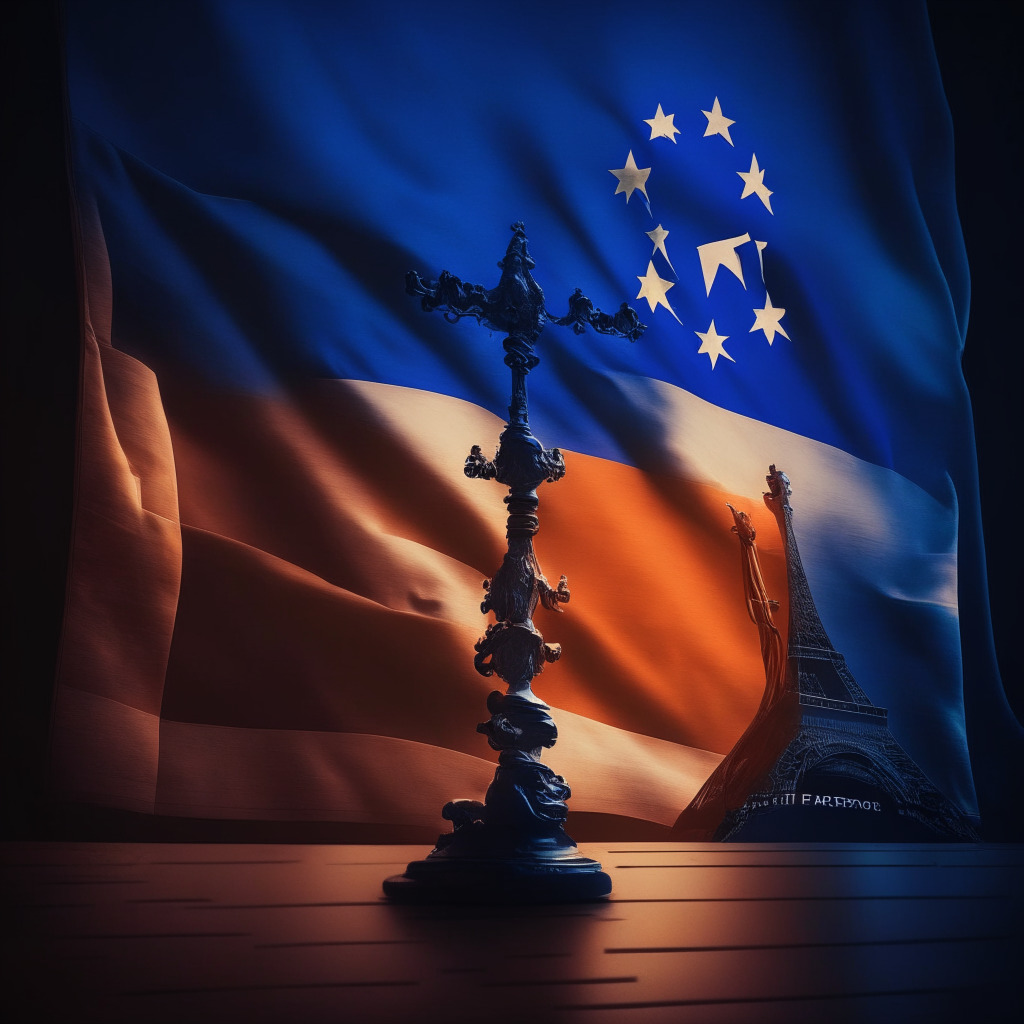In a recent twist of events, South Korea’s well-known Bitcoin lender, Delio, has reportedly announced plans to sue financial regulators. Much of the tussle stems from an allegation of fraud and embezzlement of assets led by the Financial Service Committee (FSC). Of course, Delio retorted, denying these claims as baseless.
The crux here rests on what one might consider a grey area in the crypto world; the appropriate interpretation of laws surrounding activities involving virtual assets. Interestingly, Delio insists that the law was unfairly applied considering the glaring absence of clear-cut rules for virtual asset deposit and management products.
Notably, the Financial Intelligence Unit (FIU) supposedly recommended the dismissal of Delio’s CEO, Jeong Sang-ho, earlier in September. This move, seen by Delio as a deliberate attempt by the authorities to force closure rather than opportunity for recovery, has only added fuel to the fire. Compounding its woes, the FIU imposed a three-month business suspension on Delio and a fine of roughly 1.83 billion won (~$1.34 million), which, according to Delio, may threaten their operations substantially.
The fiesta of accusations culminates in a somewhat complex legal question. Is a lending company that uses virtual assets as collateral, and in the process imposes a lock-up, regarded as a virtual asset business operator? And does this so-called ‘storage’ fall under the Special Financial Services Act? Delio argues that the answer to these questions is far from explicit under current law, hence they were erroneously sanctioned.
While some skeptics may see this as a fight for survival by a company at odds with its regulators, others might argue that it is a battle for clear and fair crypto regulations pertaining to virtual asset management. One of Delio’s lawyers stressed the lack of explicit regulations regarding the virtual asset management business – leading to what they consider the FIU’s arbitrary interpretation of virtual asset deposits and management products as financial investment products and subsequent sanctions.
In summary, this high profile lawsuit underscores the murky terrain of crypto regulation. As it stands, the lens through which financial authorities in South Korea view the domestic virtual asset industry may require further clarification to bridge the perceived gap within the law. Specific to Delio’s predicament, the main bone of contention remains the lack of explicit laws on virtual asset management – presenting a legal conundrum that could potentially impact interpretational nuances and the fate of existing and emerging virtual asset management firms.
Source: Cointelegraph




